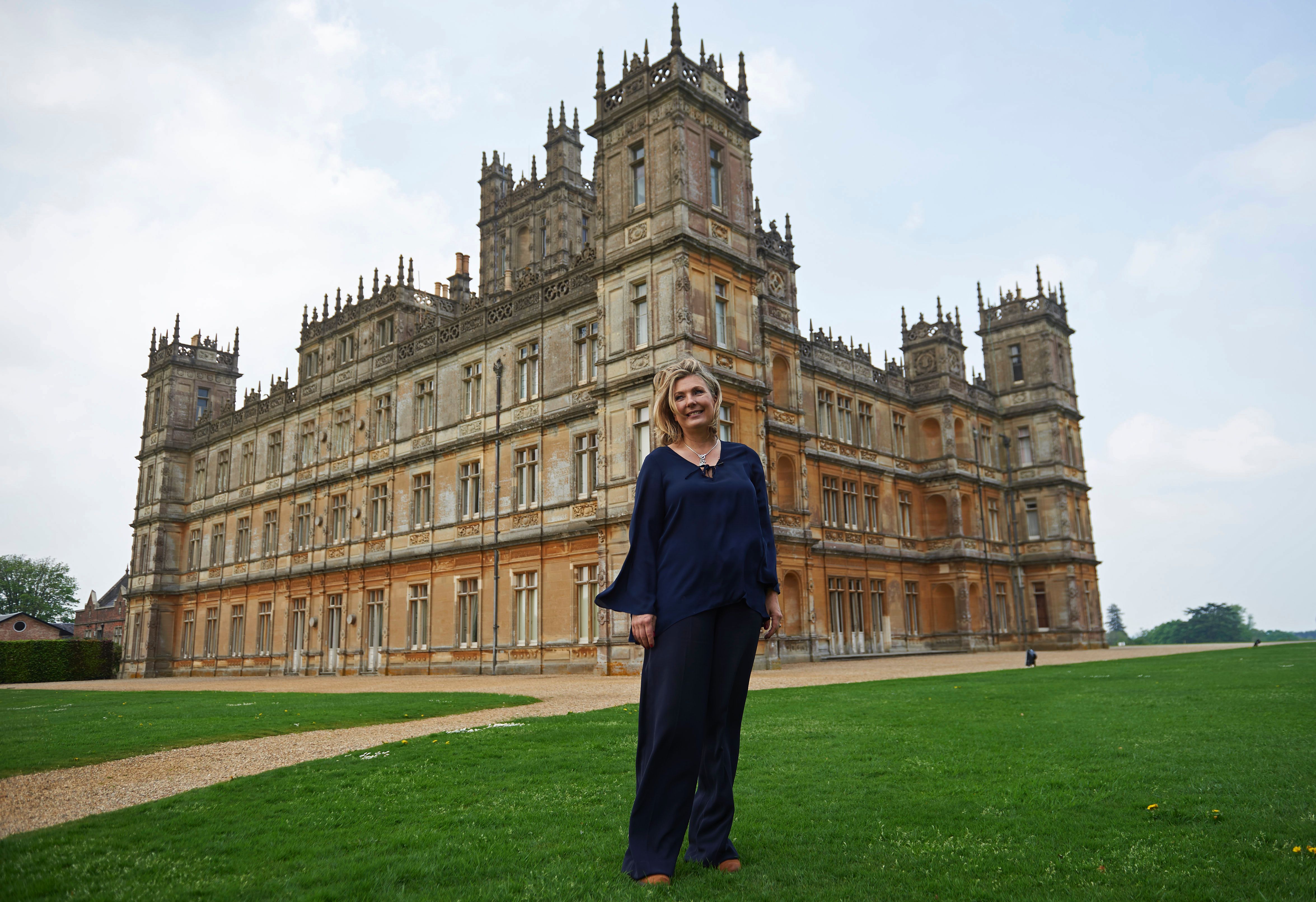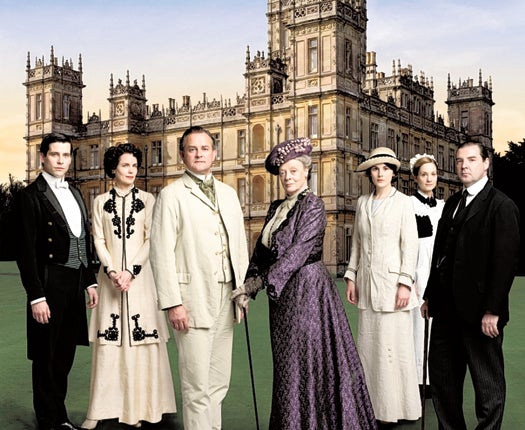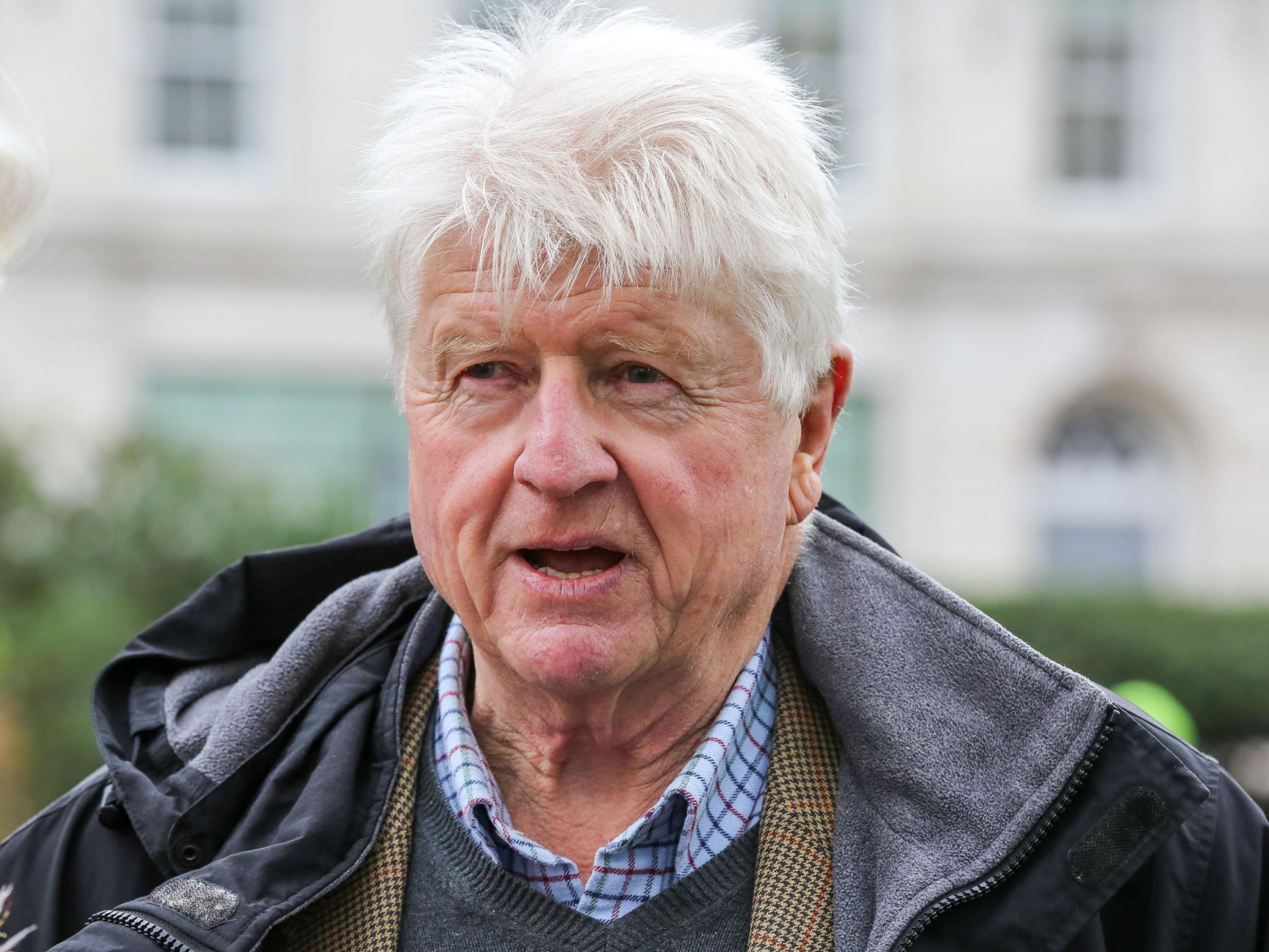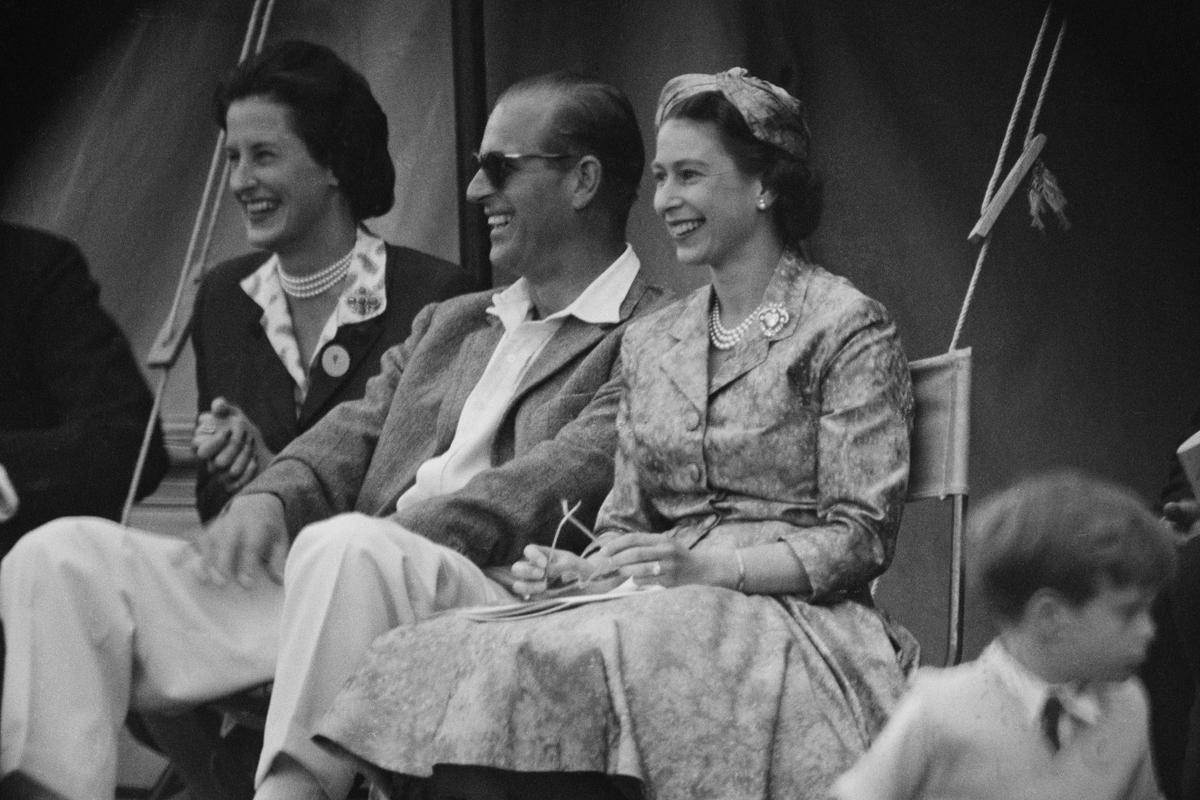Downton Abbey venue forced to scrap weddings thanks to Brexit
Highclere Castle has no wedding bookings for 2023 and just one small event scheduled for 2024
Your support helps us to tell the story
From reproductive rights to climate change to Big Tech, The Independent is on the ground when the story is developing. Whether it's investigating the financials of Elon Musk's pro-Trump PAC or producing our latest documentary, 'The A Word', which shines a light on the American women fighting for reproductive rights, we know how important it is to parse out the facts from the messaging.
At such a critical moment in US history, we need reporters on the ground. Your donation allows us to keep sending journalists to speak to both sides of the story.
The Independent is trusted by Americans across the entire political spectrum. And unlike many other quality news outlets, we choose not to lock Americans out of our reporting and analysis with paywalls. We believe quality journalism should be available to everyone, paid for by those who can afford it.
Your support makes all the difference.The stately home where Downton Abbey was filmed has been forced to cancel wedding bookings because of Brexit.
Highclere Castle in Hampshire allows couples to recreate the antics of the stars of the BBC series by hosting up to 25 weddings a year including, in 2005, when singer Peter Andre and model Katie Price tied the knot.
However, it has no bookings for 2023 and just one for 2024, according to Lady Carnarvon, the real-life Downton Abbey countess. She said they only have enough staff to cater for parties of 20 or fewer.

“Brexit has undermined the wedding industry at Highclere, and it has really all been about the effects of leaving the EU,” she said.
“It is a matter of fact that Brexit has caused such a retraction of people available to work in the hospitality business that we realised we simply cannot guarantee that we can find enough staff to put on an event of the quality that we would want. We have tried everything but there is no point pursuing the quest any further.”
Lady Carnarvon said that before Brexit, European students studying in the UK could easily fill gaps throughout the summer – peak wedding season – but they are now being faced with a 30-page form to apply to work in the UK.
“It is a huge own goal on our part and I really cannot judge the students concerned for being disinclined to deal with so much bureaucracy simply for a holiday job.”
Highclere, built by Charles Barry – the same architect who redesigned the Houses of Parliament – became an iconic symbol of Britain’s screen success.
Downton’s cast, including Maggie Smith, Hugh Bonneville and Michelle Dockery, were regularly filmed strolling around the grounds for the series which has been watched by more than 120 million viewers worldwide.

The house itself became as big a star as the actors and was one of the few places where the Queen used to stay with the present Lord Carnarvon’s father who was her racehorse manager.
Stanley Johnson, a former MEP and father of Boris Johnson, said the fact Highclere was struggling was a stark reminder of the problem of leaving Europe.
“If Downton cannot support itself with enough workers to help keep its business afloat, with all its backing of TV and fame, what chance will other small businesses have?
“Surely it’s time to work out a new, more productive relationship with the EU - even if we can’t rejoin at the moment?”
A recent report by the think tanks UK in a Changing Europe and the Centre for European Reform found Brexit has caused a shortfall of around 330,000 workers in the UK.

It said the ending of freedom of movement had “contributed significantly” to current labour shortages with hospitality, retail, construction and transportation hit the hardest.
A combination of the new points-based immigration system, difficulties in navigating the longer paperwork procedure and easier access for Europeans to other EU countries has encouraged people to stay away.
In 2019, around 42 per cent of the hospitality industry was made up of EU workers but that figure had slipped to 32 per cent two years later.
Kate Nicholls, chief executive of UK hospitality – which represents industry members – said the shortage of workers added up to £25bn worth of lost trade.
Half the businesses in hospitality are arbitrarily restricting their output and closing for 13 hours a day, she said, with the issue the same across the industry.

“We have a problem across the economy,” she said. “There is a mismatch in the UK between the number of jobs and the number of people who are looking for work.”
Brexit regulations, she added, “make it harder to remedy as you can’t let people into the country as easily as before”. She stressed that it has not caused the problem but it “makes it harder to put them right.”
“As soon as we moved into a points-based immigration system,” she continued, “Then we deliberately put in place the type of workers and the type of jobs you want to allow people from outside the UK you want people to come in and apply for... so you always you knew there was going to be this type of squeeze.”
Jane Gratton of the British Chambers of Commerce added: “Politicians need to be realistic about the skills we need from outside the UK. Brexit has given us control of our borders and the government must use the appropriate levers to help struggling businesses get the people they need.”
A spokesperson for the Department for Business, Energy and Industrial Strategy said: “The government understands current pressures facing the hospitality sector and established the Hospitality Sector Council to help drive the recovery and rebuild the resilience of the sector after the pandemic.
“The UK cannot rely solely on overseas labour. We are investing an additional £3.8bn into skills and further education in England over this Parliament to ensure workers can develop the skills businesses need.”




Join our commenting forum
Join thought-provoking conversations, follow other Independent readers and see their replies
Comments